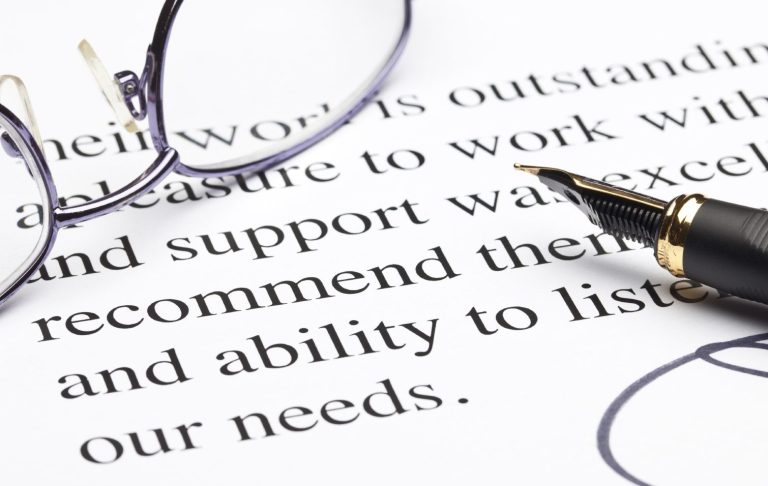What is Mediation?
Mediation is a form of managed conversation, where the Mediator helps facilitate communication between two or more participants to resolve a problem.
Scrupulously neutral, the Mediator will try to set the right tone, listen to the participants and ask careful questions to help the participants explore possible ways forward.
Mediation is a creative and consensual process, where the participants are encouraged to formulate their own mutually acceptable result. Through confidential conversations, the mediator will try to tease out everyone's important interests and identify common ground.
This is different from a court case, tribunal or arbitration, where after rounds of adverserial questioning, there will be a "finding" of right or responsibiity and a determination or award, imposed.
Mediating a disagreement means that the participants own the process and aren't bound up in the rigid and often alien formalities of a court.
They participants are also looking to come to a private agreement that works for them. This means that there is much less need for costly legal counsel. Mediations are mostly faster and cheaper and addressed with greater immediacy.

What kind of Disputes are Mediated?
Mediation can be used for any disagreements as long as the participants are agreeable to the process and there isn't another mechanism required by a contract or the law.
Below are just a few of the areas where we might be able to assist you.

Your Home
Between
- neighbours
- landlords and tenants
- flat-shares

Your Property
Between you and
- a builder, contractor, repairman
- another driver

Your Money
Between you and
- a business partner
- a family member over a will or property

Your Job
Between you and
- your employer
- your employee
- work colleagues

Faith Sensitive Mediation
This is a specialised area. Please click on the link for further details.

How does Mediation Work?
A Mediation normally takes place with a series of managed conversations where the participants meet with the Mediator all together or in turns.
The mediator will often work with a co-mediator. The two will remain together at all times in the mediation and will not divide between the rooms.
Participants will often have an advisor or a friend to assist them.
Often there will be an initial session together before breaking out into separate rooms (real rooms or virtual rooms online) for rounds of private conversations. The Mediator will carefully manage private time with the participants so that the same amount of time is spent with each.
The participants can also have private time to consult with their advisor/friend without the mediator being present.
In sessions where everyone is together, the mediator will often emply artful listening, while trying to keep a conversation between the participants going.
In the private sessions, the mediator might appear more direct and ask more probing questions to help the participant identify key priorities.
Sometimes, participants might want to make an offer. When this happens, the mediator will ask them to set it out to share with the other particpants to consider. Offers might be accepted, rejected or a counter-offer made. Accepting another's offers is often a part of resolving a disagreement.
Many successful mediations work best when the mediator does not make finding offers the early focus of the participants' conversations.
The mediation belongs to the participants and the facilitated conversation between them can carry on as long as the process is helpful for them. Often the conversation itself can improve the relationships and is the repair that is needed.
If an agreement is reached at the end of the mediation, the mediator will ask the participants to write it up clearly for themselves and sign it.

Important Jargon
In setting up the mediation, the partcipants will sign an Agreement to Mediate. This is the contract that sets out the mediation process and the responsibilities of the mediator and participants. It is important to ensure that all the stakeholders in the mediation have signed and are present in person or through their representatives.
The agreement stipulates that that the mediation process is confidential, without prejudice and conducted in good faith.
All conversations are confidential. This means that what one participant says to the mediator in a private conversation will not be divulged or hinted at by the mediator when they meet with any other participants.
Often participants will be accompanied by a friend or legal advisor who is not a part of the dispute. These, alongside any other observers, will be required to sign an agreement of confidentiality, in which they undertake not to later divulge anything they hear in the mediation.
Mediations are also without prejudice. This means that information revealed by the participants to each other, or the offers they may make in a mediation, cannot be used against them in later court or tribunal hearings. This enables participants to be creative inside the mediation without worrying that later someone might turn around and try to leverage them, "...but in the mediation, didn't you say you would accept such and such!"
Mediations only work if the participants conduct themselves in good faith. This means that everyone is dealing honestly with each other in trying to make the process effective and that the offers they may make are genuine.
Part of the agreement to mediate is the recognition that the process is voluntary and that the participants and also the mediator can call an end to the mediation if they choose.
The mediator will check that everyone present has signed and understands the agreement to mediate.
The mediator will check that each of the participants has Authority to Settle. This means that the participants at the mediation have the authority to make a binding agreement.
Mediations cannot work if, after all the discussions, one of the participants says, "I'm happy, but I don't have the ability to sign off on what we've just agreed. I'll have to run it by my partner/spouse/director..."
Sometimes participants do need to consult with partners, experts or line-managers, who will not be present but will be available on on the phone. This needs to be agreed with everyone in advance and these "remote participants" will also need to sign an agreement of confidentiality.
We need your consent to load the translations
We use a third-party service to translate the website content that may collect data about your activity. Please review the details and accept the service to view the translations.

